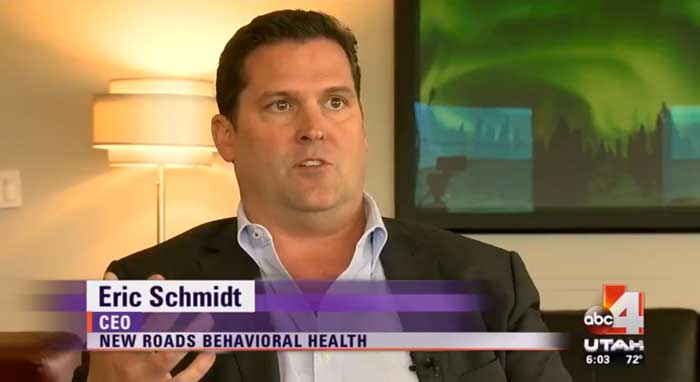The number one killer for people under the age of 45 in the United States is drug overdoses. Utah is in the top 5 for the United States contributing the the vast opioid overdose epidemic. Although this epidemic has gained more momentum in recent history, the problem of drug overdoses is quickly claiming millions of lives.
According to the United States Centers for Disease Control and Prevention:
More persons died from drug overdoses in the United States in 2014 than during any previous year on record. From 2000 to 2014 nearly half a million persons in the United States have died from drug overdoses. In 2014, there were approximately one and a half times more drug overdose deaths in the United States than deaths from motor vehicle crashes (4). Opioids, primarily prescription pain relievers and heroin, are the main drugs associated with overdose deaths. In 2014, opioids were involved in 28,647 deaths, or 61% of all drug overdose deaths; the rate of opioid overdoses has tripled since 2000. The 2014 data demonstrate that the United States’ opioid overdose epidemic includes two distinct but interrelated trends: a 15-year increase in overdose deaths involving prescription opioid pain relievers and a recent surge in illicit opioid overdose deaths, driven largely by heroin.
http://www.cdc.gov/mmwr/preview/mmwrhtml/mm6450a3.htm
Eric Schmidt Interview with ABC 4 Good4Utah
Eric Schmidt at New Roads Behavioral Health was asked to sit down with ABC 4 Good4Utah to assist in educating Utahans on the opioid overdose epidemic. Luckily, with treatment programs that offer evidenced based practices, recovery is possible. But as Schmidt explains, more needs to be done. Legislature in Utah is looking to make prescribing opioids harder and treatment for readily available. Last week there were 18 bills passed to help aid in the opioid overdose epidemic.
“We are the number one prescriber for opioids in the entire world,” says Schmidt. Most people that find themselves addicted to prescription medicines, including opioids, are not your stereotypical “drug user” per say. They are young mothers and athletes – people that you would not normally think have any issue with drugs. Substances like opioids are extremely powerful. The effect they have on your brain is intense. Because of the high cost of prescription pills, often averaging about $1.00 per milligram, those addicted to prescription medicines begin to look to other substances like heroin to aid their addiction.
More about Prescription Drug Addiction and Opioids
In these situations where people find themselves dependent up on substances that were supposed to help them at one point, many don’t understand how to get help. Inpatient treatment facilities, like the one at New Roads, offer a full team of medical professionals that understand addiction. By undergoing supervised detoxification and better understanding the physiological and psychological effects; patients can recover with a high rate of success.
Our society has developed an unhealthy romance with pills. They can fix anything. But what most people don’t under stand is the chemical and genetic factors related to taking pills. While prescriptions can be used for good, knowing if you have a genetic predisposition for addictive behaviors or chemical dependencies can help you understand the effect certain drugs has on yourself. Each of us comes with a different genetic code. With research in epigenetics, studies have shown that certain environmental or chemical triggers and act like a switch that flips in our brain. Once certain people experience their first high, they can become immediately addicted. Other people experience a constant exposure to substances and resist addiction for a period of time but slowly become more and more dependent. Either way, the drug has taken control. This is one of the reasons why the opioid overdose epidemic is both dangerous and deadly.
Educate – Find Help
When the general population envisions drug abuse, they picture illegal substances and paraphernalia. When family members fall victim to prescription medications, it isn’t talked about. While stigma behind prescription drug use and opioid overdose may be taboo, the conversation on opioid prescriptions is gaining momentum on the state and federal level. While legislation looks to make prescriptions safer, the best thing that the general population can do is educate themselves.
If you or some one you know has become dependent on prescription medications but you are unsure on the next step, talk to our admissions team. It just takes one phone call to find the help that you need. 888-358-8998

